Publications
Articles, publications, books, tools and multimedia features from the U.S. Institute of Peace provide the latest news, analysis, research findings, practitioner guides and reports, all related to the conflict zones and issues that are at the center of the Institute’s work to prevent and reduce violent conflict.
Question And Answer
Amid a Changing Global Order, NATO Looks East
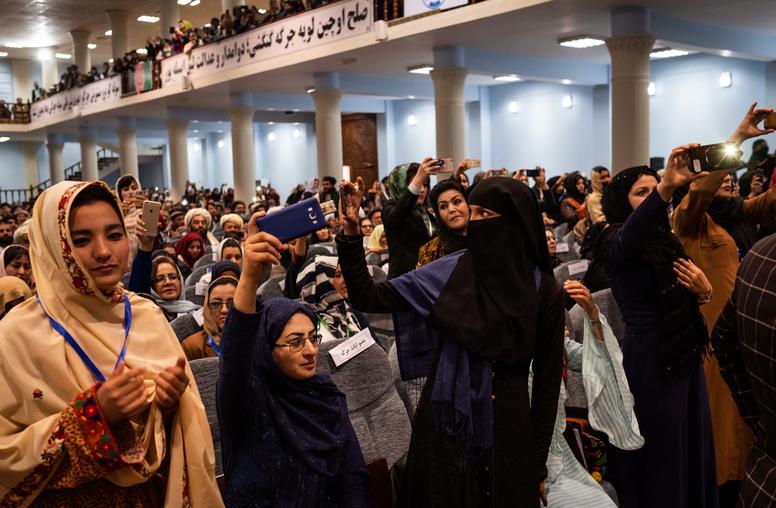
Democracy Is the Afghan Government’s Best Defense Against the Taliban
The Biden administration’s announcement last week that U.S. troops would be out of Afghanistan by September 11 came as a blow to the current peace talks and many Afghan citizens who appreciate the rights and freedoms that international forces have helped to defend against the Taliban. Still, President Biden made clear that the United States continues to support the Afghan government and democratic system, and, to that end, the administration has indicated it would request $300 million from Congress in additional civilian aid. But Biden explicitly de-linked U.S. troops from that equation — stating that they would not be “a bargaining chip between warring parties.”
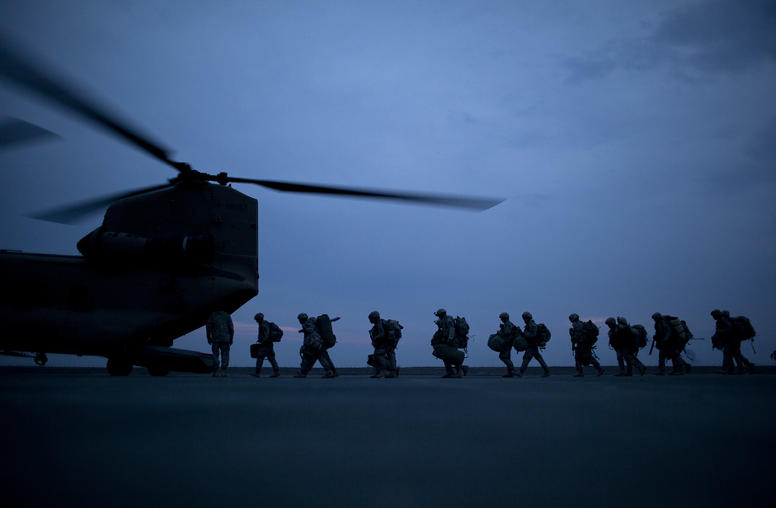
U.S. Withdrawal from Afghanistan: End to an Endless War?
President Joe Biden formally announced on Wednesday that the United States will withdraw troops from Afghanistan by September 11 of this year, the 20th anniversary of the al-Qaida attacks that led to the U.S. overthrow of the Taliban. The decision comes a month after U.S. Secretary of State Antony Blinken looked to jump-start the moribund intra-Afghan peace talks in Doha, Qatar with a sweeping set of proposals. Although the withdrawal would mean an end to America’s longest war, the implications for Afghanistan’s hard-won progress are immense and many fear the possibility of a rejuvenated civil war after U.S. troops leave.
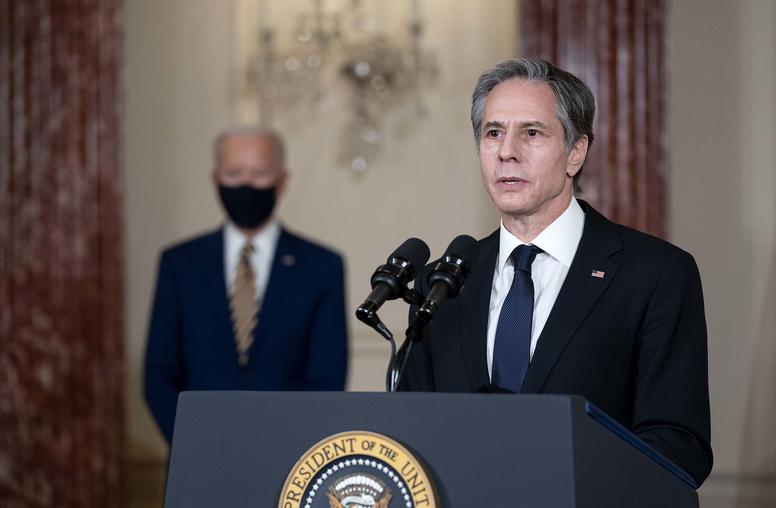
Can Blinken’s Letter Jump-start the Afghan Peace Process?
With intra-Afghan talks gridlocked and the U.S. troop withdrawal deadline looming, Secretary of State Antony Blinken proposed new plans to advance the peace process in a letter to Afghan President Ashraf Ghani. The letter recommends several efforts to “move matters more fundamentally and quickly” toward peace, including a U.N.-convened conference of key regional actors, a senior-level meeting between the Afghan government and the Taliban hosted by Turkey and a 90-day reduction in violence to head off the Taliban’s annual spring offensive. Blinken also recommended an interim power-sharing government composed of Taliban and other Afghan leaders.
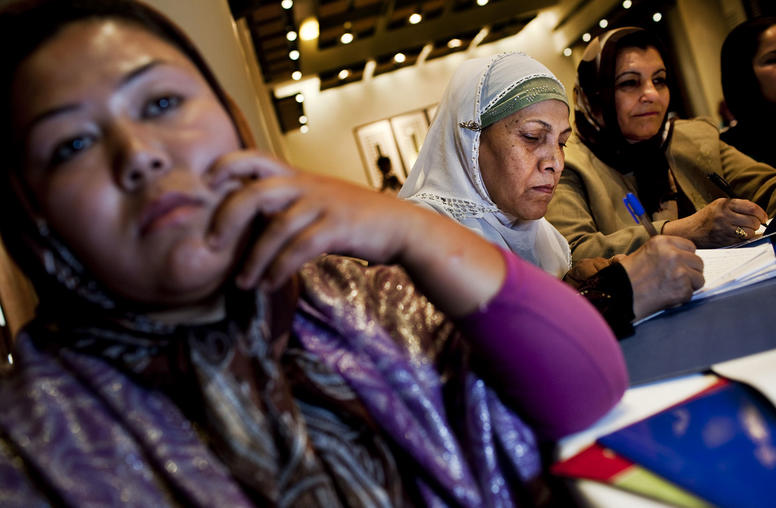
Amid Peace Talks, Afghan Women’s Rights Hang in the Balance
Three Afghan women journalists and a medical doctor in the eastern city of Jalalabad were shot dead last week, part of a wave of killings—perpetrated by both ISIS and the Taliban—targeting rights activists, judges and journalists. The soaring violence in Afghanistan illustrates the stakes for Afghan women and civil society as the Afghan government and Taliban negotiate in Doha and the Biden administration considers its Afghanistan policy.
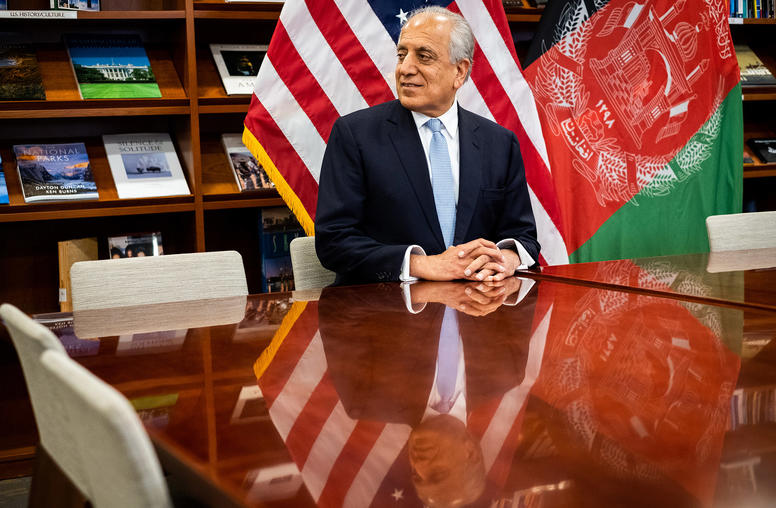
Afghan Talks Are Historic Chance for Peace, Says Top U.S. Negotiator
Afghan peace talks that began in Doha on September 12 are a “historic opportunity” that could bring a close to four decades of conflict in the country and end America’s longest war, said the U.S. special representative for Afghanistan reconciliation on Thursday. The ongoing talks are the “heart of the Afghan peace process,” said Ambassador Zalmay Khalilzad. “It's important to be fully aware of the significance of this moment, and to recognize its historic relevance.” With a note of a cautious optimism, he said there is hope but still a long road ahead, with many thorny issues to be negotiated.
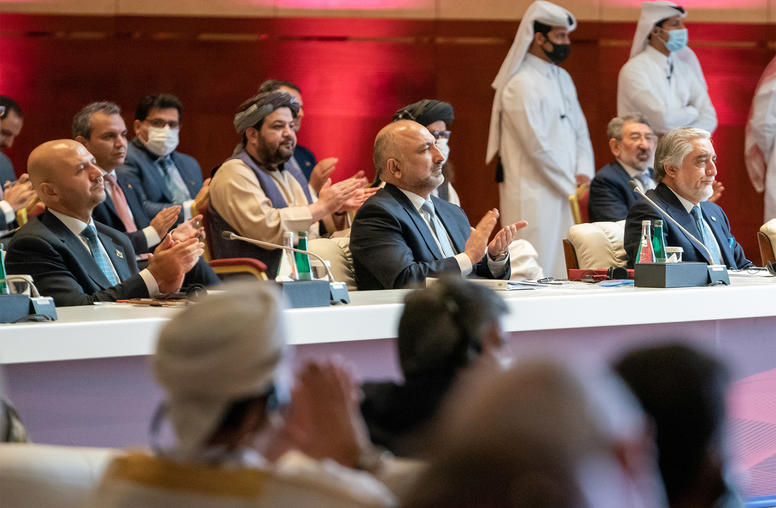
Five Things to Know About the Afghan Peace Talks
The intra-Afghan negotiations that began on Saturday represent a watershed moment in the war: the first direct, official talks between the Taliban and the Afghan government. These historic talks commenced 19 years and one day after al-Qaida's 9/11 terrorist attacks drew the United States into Afghanistan's civil war. Just getting the Afghan government and the Afghan Taliban to the table is an accomplishment. The main reason the talks materialized is the U.S.-Taliban agreement signed in February of this year; that agreement delivered a timetable for the eventual withdrawal of foreign troops, which met the Taliban’s years-long precondition for opening talks with the Afghan government.
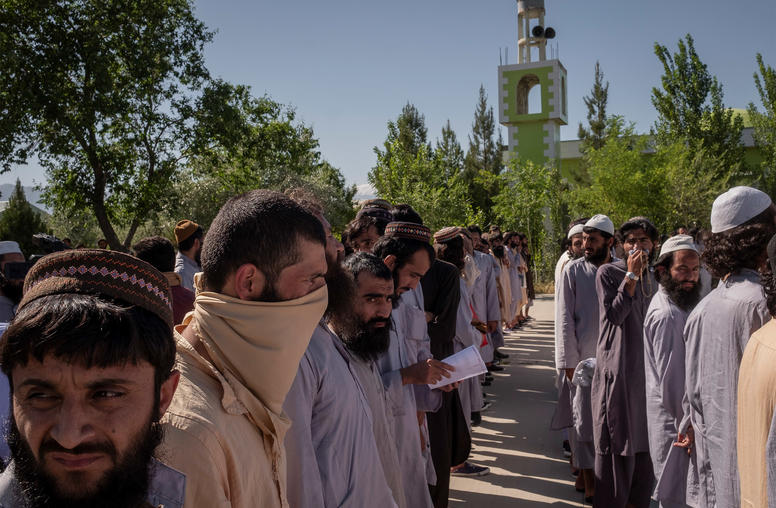
Afghan Government: ‘Optimistic’ on Opening Talks with Taliban
Afghanistan’s government is optimistic that the delayed peace talks with the Taliban can start soon, acting Foreign Minister Mohammed Haneef Atmar told an online audience. Atmar’s comments are the latest sign that one reason for the five-month delay, disputes over the two sides’ release of prisoners they have been holding, may be nearly resolved. Taliban attacks on government forces have continued, and civilian casualties have remained high, as the two sides have wrestled over conditions for starting the talks as envisioned in a February agreement between the United States and the Taliban.
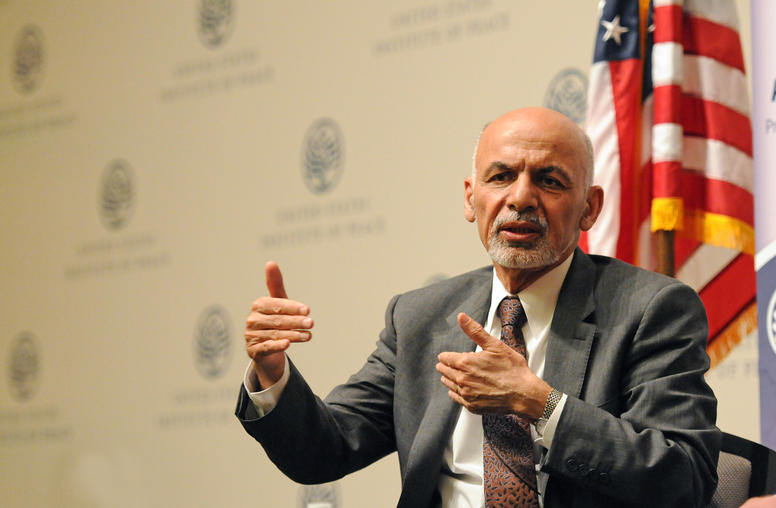
Afghan President Ghani: Freeing Prisoners Can Speed Peace Talks
Afghanistan’s government is accelerating its release of thousands of Taliban prisoners as a step toward peace talks, President Ashraf Ghani told an online audience today. The number of prisoners freed should now surpass 3,000, Ghani said, announcing that 2,000 more will be released “within a very short period.” That move, taking the total of freed Taliban fighters to 5,000, would fulfill a central Taliban pre-condition for peace talks. Ghani voiced optimism that a rare “window of opportunity” has opened for peace negotiations, but said further steps are vital to seize the chance to end the nation’s 40-plus years of warfare.
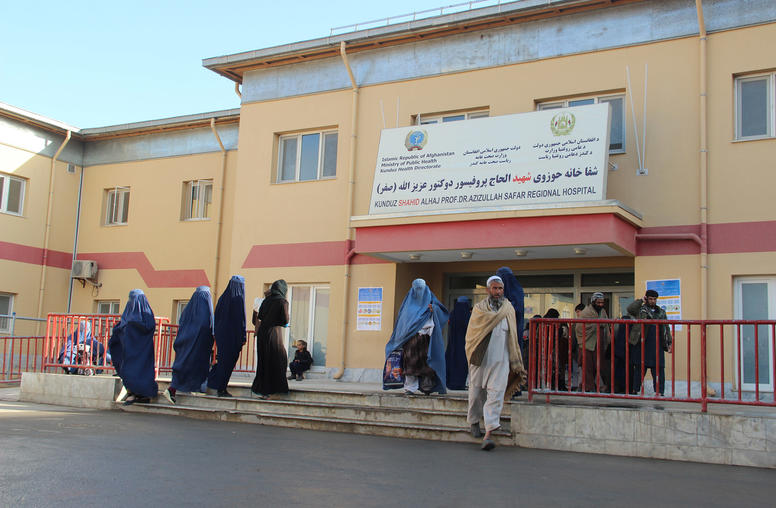
Coronavirus Complicates an Already Dire Situation for Afghan Women
Amid the coronavirus pandemic many countries around the world have reported an alarming increase in domestic violence. Indeed, U.N. Secretary-General Antonio Guterres has called for measures to address the “horrifying surge in domestic violence” linked to COVID-related lockdowns. In Afghanistan—one of the worst countries in the world for women by almost any metric—the lockdown exacerbates the dire situation many Afghan women already face. As the Afghan peace process inches forward amid a global pandemic, Afghan women’s inclusion and input are critical to combatting COVID and building peace.
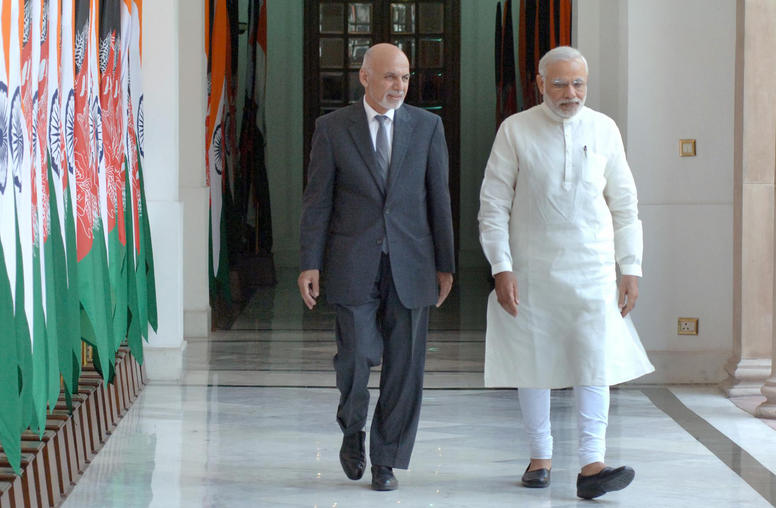
Can India Help Bring Peace to Afghanistan?
After February’s landmark U.S.-Taliban framework agreement, Afghanistan is still trying to initiate the next steps of their peace process, including intra-Afghan talks and prisoner exchanges. The country’s regional neighbors will be critical to the success or failure of the proposed talks. And while most attention naturally goes to Pakistan, with some focus also given to Iran and China, U.S. Special Representative Zalmay Khalilzad has made clear that India also has a vital role to play.